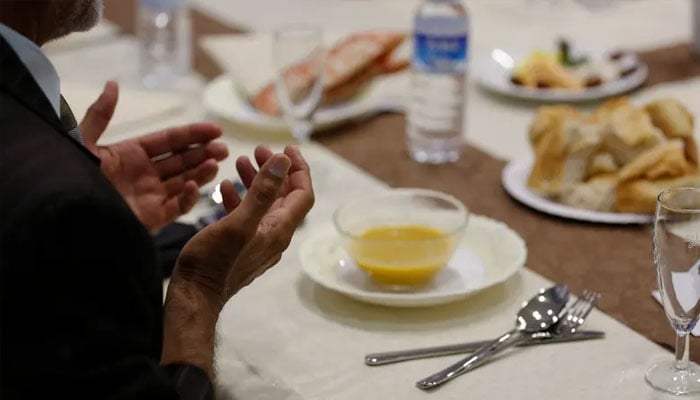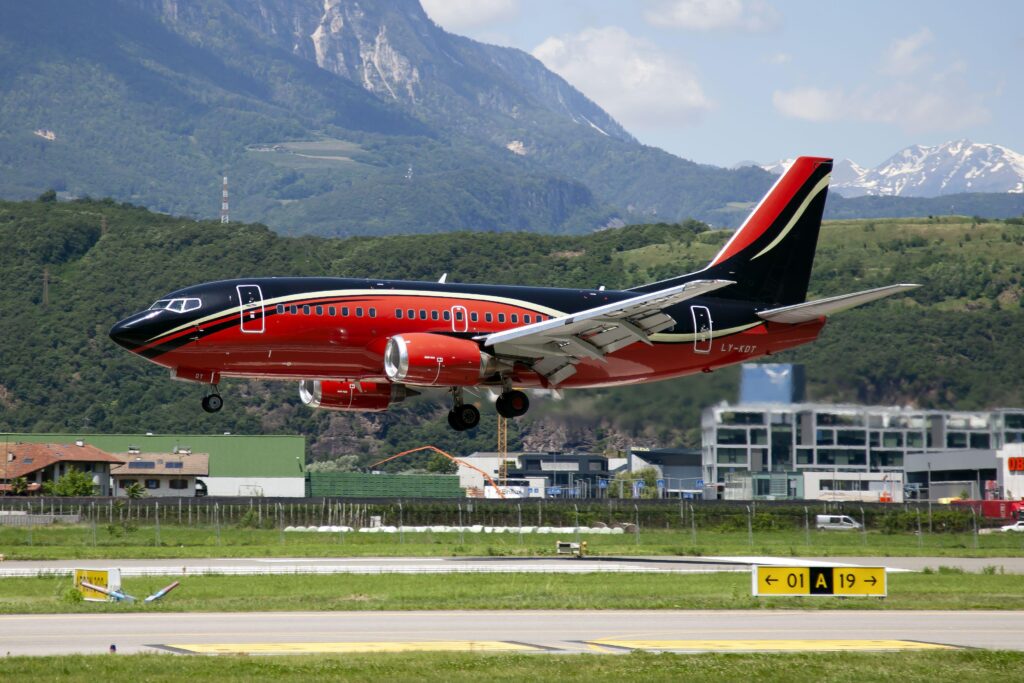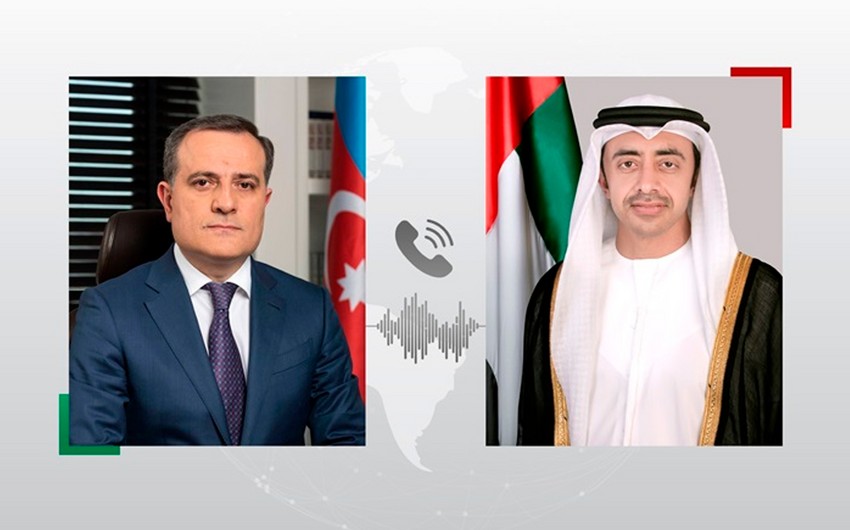Tips for staying hydrated and energized during fasting periods

As Muslims around the world observe Ramadan, a month of fasting from sunrise to sunset, maintaining energy levels and proper hydration is crucial. Clinical Dietician Sara Abdelghany from Dubai’s Healthbay Clinic shared some helpful tips for overcoming dehydration, fatigue, and other challenges during this Holy month.
Abdelghany emphasized the importance of meal planning, suggesting that daily calories should be divided into two to three meals and snacks. When breaking the fast (Iftar), she advised avoiding deep-fried and fatty foods, which can lead to stomach discomfort and bloating. Processed foods high in sodium and mono-sodium glutamate, such as sausages, breaded meats, and ready-to-eat soups, can increase thirst. Sugary drinks like jallab, tamereddine, fresh juices, and soda may contribute to weight gain and sugar cravings, counteracting the benefits of fasting.
While it’s okay to enjoy Ramadan sweets, moderation is key to preventing weight gain and hunger. Abdelghany recommended limiting the consumption of these treats to three times a week and sticking to moderate portion sizes. Additionally, she advised against caffeinated drinks like coffee and soft drinks, as they are diuretic and can lead to dehydration. Water should be the main beverage during Ramadan, with Abdelghany suggesting drinking 8 to 12 cups between Iftar and Suhoor.
Including fresh fruits and vegetables in meals can help optimize hydration, as they contain water and potassium. This helps the body maintain a steady water supply for hours, promoting well-being throughout the fasting period. By following these tips and making smart food and drink choices, Muslims can stay energized and hydrated during Ramadan.






